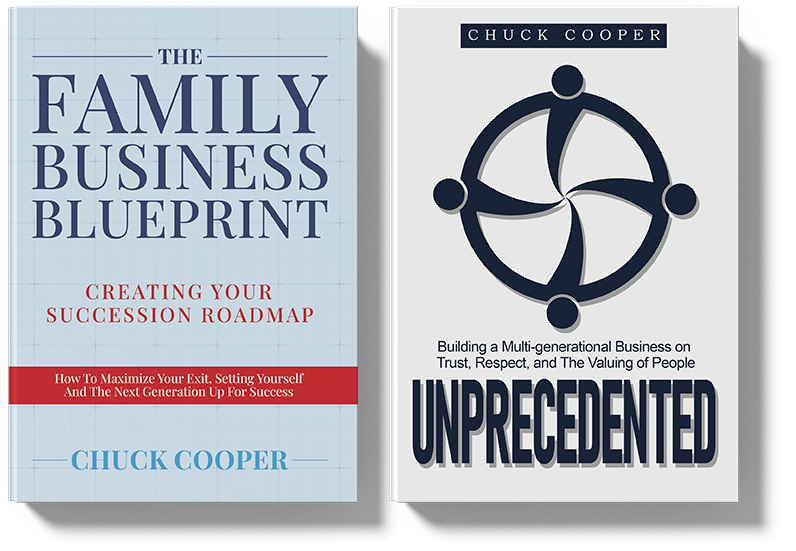In order for your family business to outlive its founder, careful succession planning is a must. That means finding the most frictionless way to pass both leadership and ownership from one generation to the next. While some family business dynamics lend themselves to smooth and simple succession, others hit bumps in the road.
One of the best ways to steer clear of these obstacles is to have some awareness of what they are. In this post, we’ll round up just a few of the factors that complicate family business succession planning. If any of these concerns loom large for your family business, reach out to the WhiteWater Consulting team; we’d love to offer whatever guidance we can!
Common Obstacles to Family Business Succession Planning
Lack of Communication Between Generations
One of the biggest reasons for inadequate succession planning is the lack of communication between generations. Often, this hinges from the emotional nature of family business succession planning. The founding entrepreneur may be uncomfortable discussing their own mortality, or hesitant about “pushing” the family business on an heir who may or may not desire it. These and similar concerns mean that, too often, succession planning isn’t really discussed.
Lack of Clarity About Successors
In some family businesses, there may be just a single son or daughter who’s interested in taking the mantle. But what happens if there are multiple heirs, all with their own different skill sets and talents? When there isn’t a clear or obvious successor, that can make succession planning dicey… and often, the temptation is to put off important conversations until it’s almost too late.
Operational Challenges
While many of the most common obstacles to family business succession planning involve communication, other issues are more operational in nature. Consider a few practical hurdles that keep family businesses from implementing effective succession plans:
- Often, business owners don’t know where to start with training and developing the next generation of leadership.
- Tax issues, along with broader estate planning considerations, can seem complex and insurmountable, especially if there isn’t a skilled attorney involved.
- There may also arise challenges, both within the family and among non-family employees, to any sense of change within the company.
- It’s also difficult to create effective legal and governance structures; a business consulting company might be helpful for establishing a family council or something similar.
These are just a few of the operational hurdles that can keep succession plans from advancing.
Get Guidance for Your Succession Planning
Perhaps the single biggest reason why family businesses don’t invest in a serious, strategic succession plan? They don’t know about the resources available to help them.
You don’t have to pursue succession planning all by yourself. At WhiteWater Consulting, we’d love to talk with you about effective solutions to preserve what’s special about your family business, all while ensuring the company lasts for generations to come. Reach out to our team whenever you’re ready to chat.


